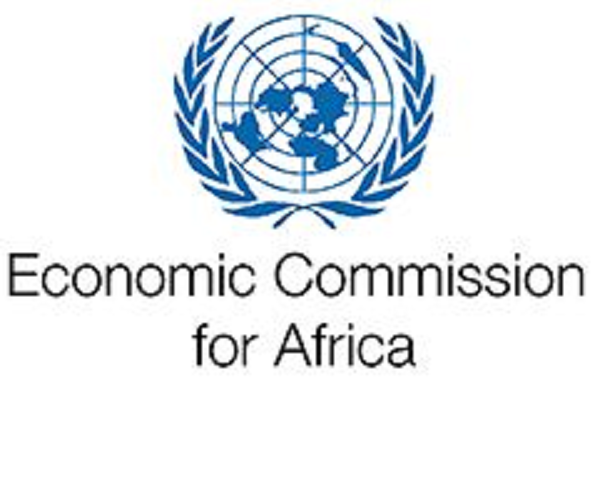ECA Urges Africa to Learn from COVID-19, Build Resilient Regional Value Chain - ENA English
ECA Urges Africa to Learn from COVID-19, Build Resilient Regional Value Chain

Addis Ababa, August 19/2020(ENA)Africa needs to learn from COVID-19 and build more competitive and resilient regional value chains through the African Continental Free Trade Area (AfCFTA), a paper released by Economic Commission for Africa said.
The Africa Trade Policy Center of the ECA, in collaboration with the UK-based Overseas Development Institute (ODI), has reportedly released a working paper entitled "Africa trade and Covid-19:The supply chain dimension."
The paper investigates the impacts of the pandemic on trade and value chains in Africa, with a special focus on Ethiopia and Kenya, and the pharmaceutical sector.
According to a press release of the commission, COVID-19 has magnified Africa’s cross-border trade challenges, and endemic reliance on imports of essential food and medical products.
It added that ”implementation of the AfCFTA must be fast tracked to help African countries bounce back from the pandemic and facilitate the emergence of robust and resilient African supply chains.”
COVID-19 has created significant disruptions to global value chains, through lock-down induced contractions in demand and supply, increased transport and transactions costs in foreign trade and growing use of export bans.
Africa has been particularly exposed, noting about 82 percent and 96 percent of Africa’s imports of food items, and medicinal and pharmaceutical products, respectively, originate from outside the continent.
Also problematic has been the shift in the COVID-19 epicenter from China, which accounts for 11 per cent of African exports and 16 percent of imports, to Europe, which accounts for 33 percent of African exports and 32 percent of imports.
The leading argument is that the pandemic has strengthened the case for developing intra-African regional value chains and unlocking the continent’s business potential, the press release noted.
Ethiopia’s coffee and cut flower supply chains are also being adversely impacted, and the slowdown in international travel has served a significant blow to the travel and transportation services provided by Africa’s most successful air carrier, Ethiopian airlines.
Swift implementation of the AfCFTA Agreement will be crucial to fast track the development of “Made in Africa” brands embedded in competitive and robust regional value chains.
The delay to start trading offers a window of opportunity for creative thinking on how the AfCFTA can be reconfigured to reflect new realities and risks, the paper reportedly stated.
This is needed to better position the African economy in the face of future adverse shocks emanating from novel viruses and climate change, among others.
The pandemic highlights that a robust supplier management system that takes into account sub-tier dependencies and proximity is a prerequisite for today’s supply chain, and in turn the need to utilize the AfCFTA as a springboard for developing Africa’s industrial base.
Furthermore, the paper presents a set of priority actions needed for AfCFTA to build competitive and resilient African value chains and economies in the post COVID-19 era.
The overarching recommendation is for African policymakers to revisit the AfCFTA built-in agenda to introduce a new ambitious work program of simultaneous negotiations on phase 2 and 3 issues, as well as prioritization of the liberalization of health and education in services in 2021-22.
The paper argued that the pharmaceutical sector should be elevated as the heart of the AfCFTA Agreement and prioritized in the initial stages of implementation.